How to Become a DevOps Engineer in Japan (2025 Career Guide)
Japan's tech industry is evolving fast. Once known mainly for hardware and manufacturing, it's now fully embracing cloud computing, automation, and DevOps. In 2025, companies from Tokyo to Osaka are modernizing infrastructure — and DevOps engineers are at the center of it all.
If you can combine automation skills with communication and cultural adaptability, Japan offers some of the most stable and well-paid DevOps roles in Asia.
Let's break down exactly how to build your career — step by step.
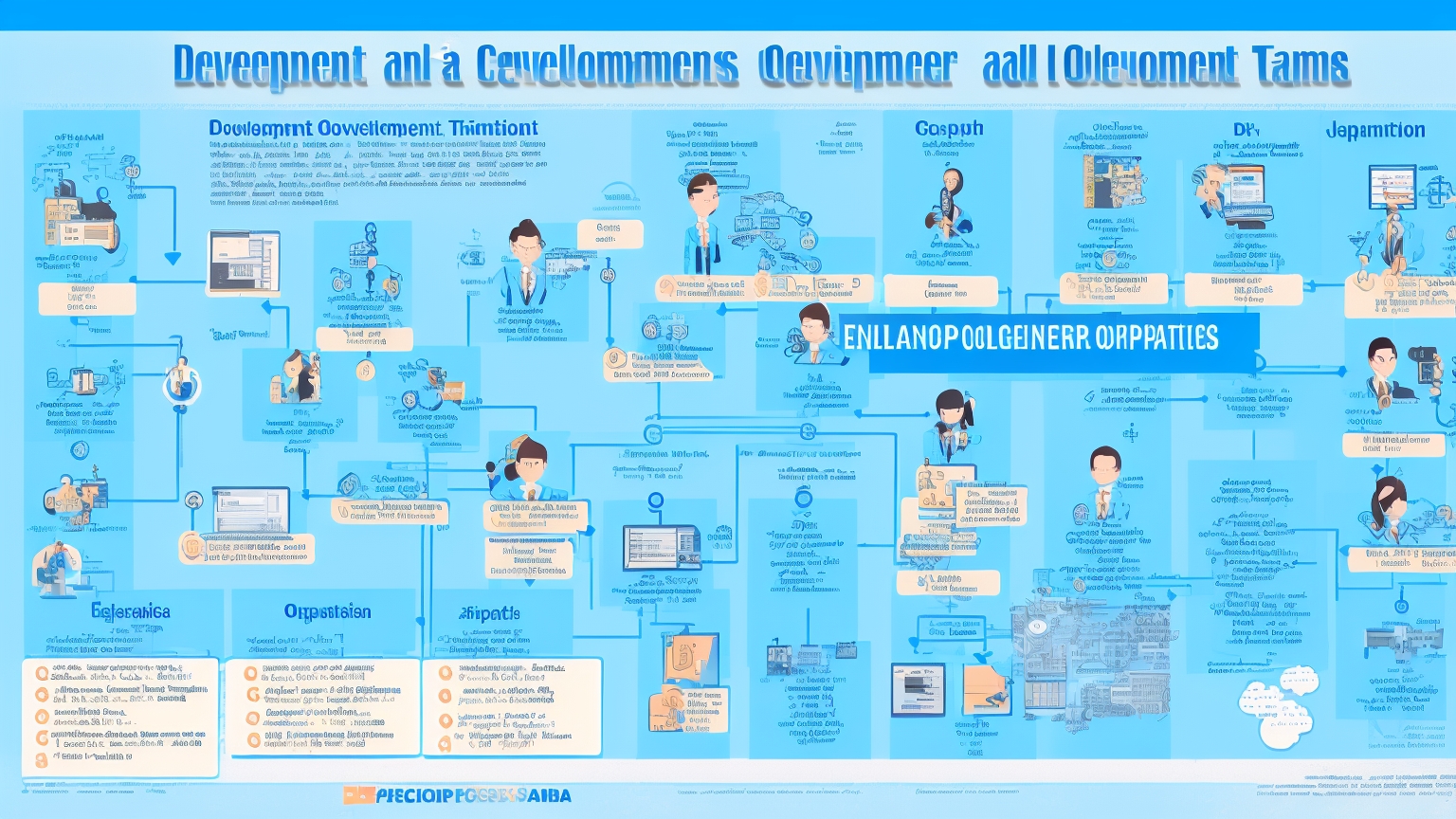
1. What a DevOps Engineer Does in Japan
A DevOps engineer in Japan bridges developers (開発者) and infrastructure teams (インフラチーム). You'll be responsible for automating processes, managing cloud platforms, and ensuring software moves smoothly from code to production.
Typical Responsibilities
- Build CI/CD pipelines using GitHub Actions, Jenkins, or GitLab CI
- Manage AWS or Azure environments
- Write infrastructure as code (Terraform, CloudFormation)
- Automate deployments with Docker and Kubernetes
- Implement monitoring and logging (Grafana, Prometheus, Datadog)
- Collaborate with Japanese engineers and customers

2. Skills You Need to Succeed in Japan
While the technical skills are global, Japan's DevOps culture values discipline, documentation, and teamwork.
🧠 Core Technical Skills
| Category | Tools & Skills |
|---|---|
| CI/CD | GitHub Actions, Jenkins, GitLab CI |
| Cloud Platforms | AWS (most common), Azure, GCP |
| Infrastructure as Code | Terraform, CloudFormation |
| Containers | Docker, Kubernetes |
| Monitoring | Grafana, Prometheus, Datadog |
| Scripting | Python, Bash, or Go |
💬 Soft Skills That Matter in Japan
- Respectful communication (丁寧語 / 敬語 usage helps)
- Writing clean documentation in English or Japanese
- Punctuality and reliability
- Humility and team harmony (和, wa)
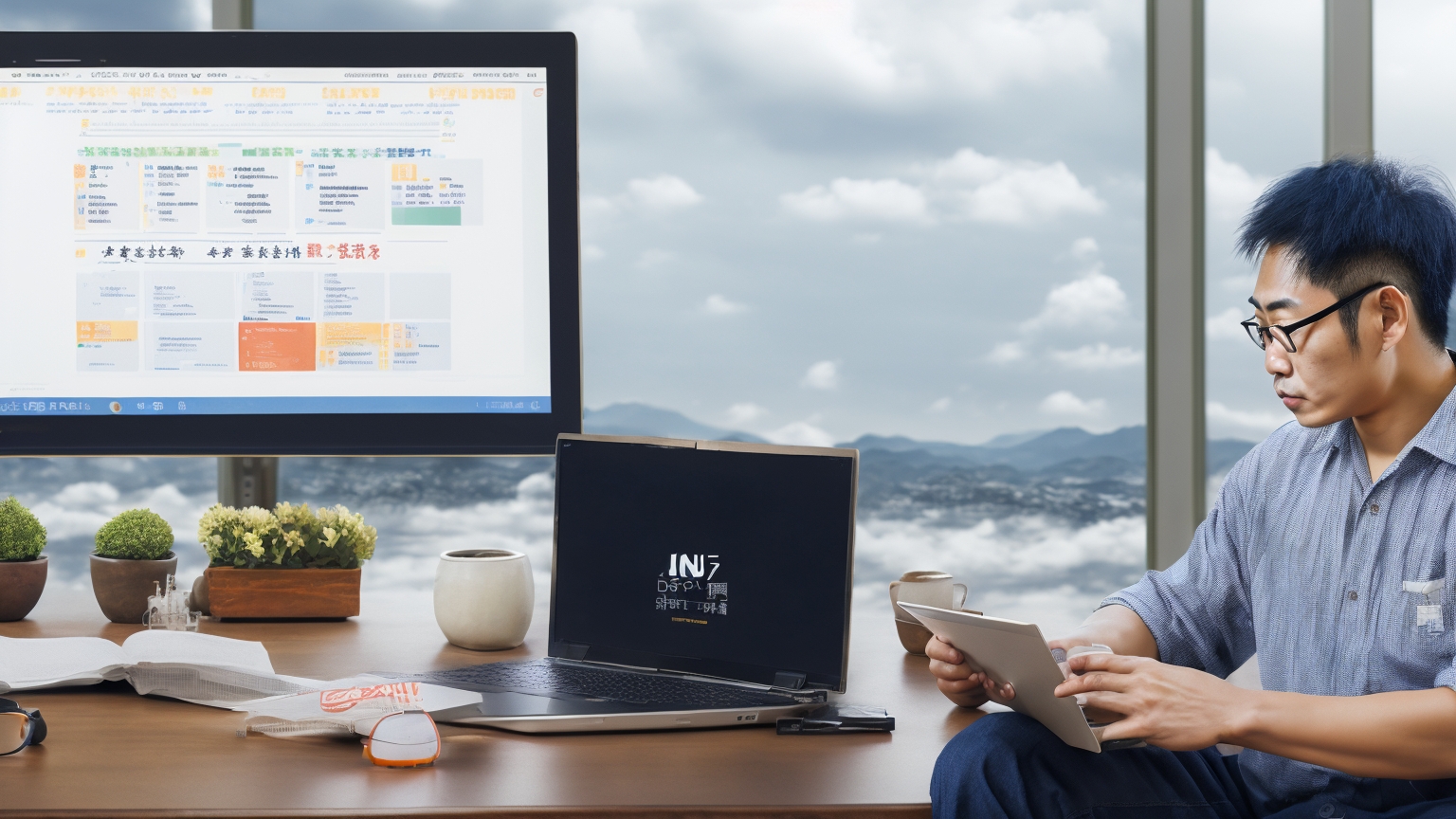
3. Japanese Language Requirements (日本語スキル)
You don't always need perfect Japanese — but it helps a lot. Many foreign engineers work in English-friendly startups, yet enterprise roles often require JLPT N2 or N1.
| Role Type | Japanese Level |
|---|---|
| Global tech company | English OK (N3 or less) |
| Japanese SaaS / enterprise | N2 recommended |
| Government / bank projects | N1 preferred |
- "ご確認お願いします" (Please check this)
- "お疲れ様です" (Thank you for your effort)
- "進捗はどうですか?" (How's the progress?)
Even small gestures of language effort show cultural respect.
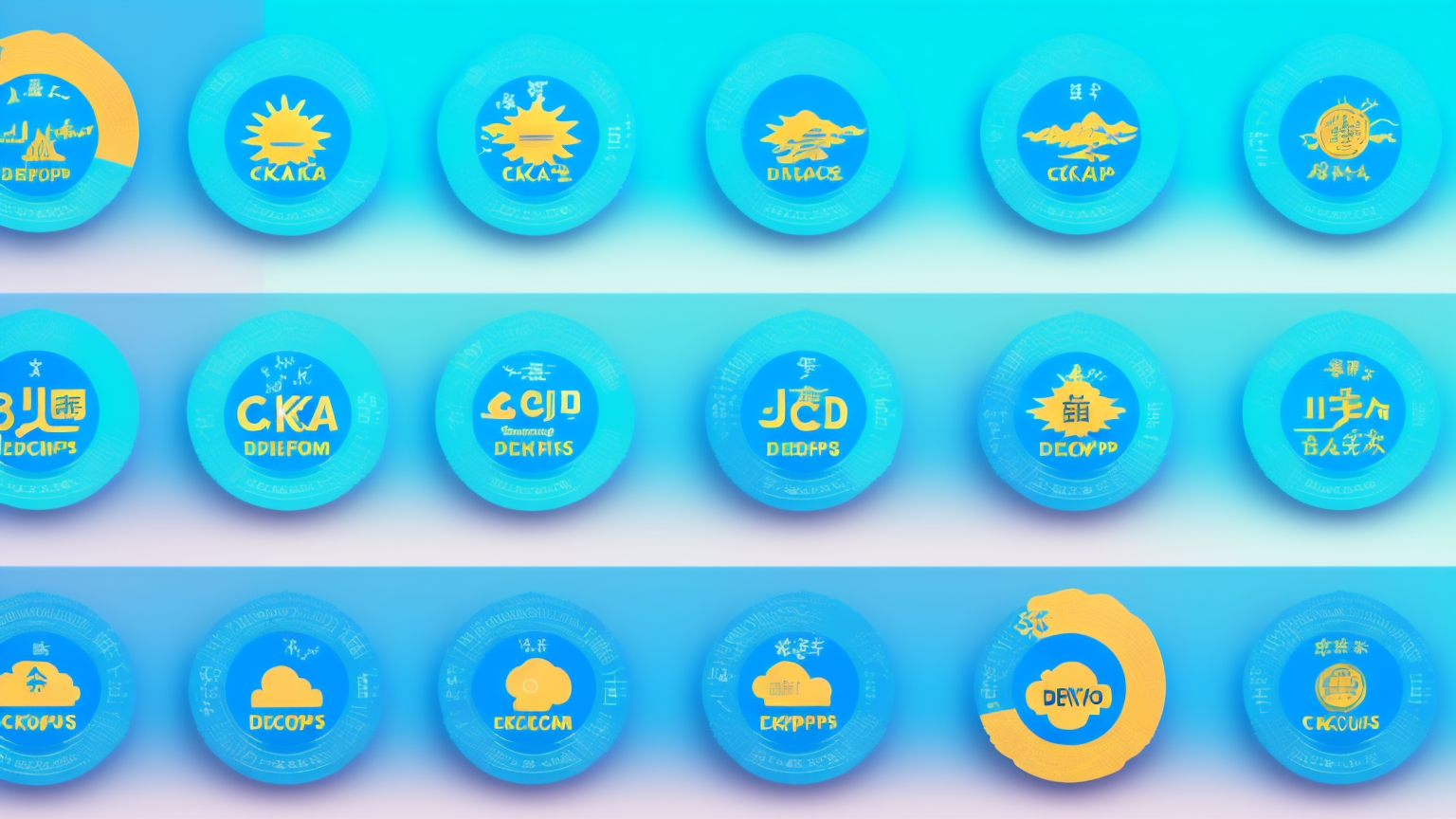
4. Certifications That Boost Your Career
Japanese employers value official certifications — they show discipline and credibility.
🔖 Highly Valued in Japan (2025)
| Certification | Why It Matters |
|---|---|
| AWS Certified DevOps Engineer – Professional | Most demanded in Japan |
| Azure DevOps Engineer Expert | Popular with enterprise IT |
| CKA / CKAD | Kubernetes expertise |
| Terraform Associate | IaC validation |
| JLPT N2/N1 | Demonstrates communication skill |

5. Salary Expectations in 2025
DevOps engineers are among Japan's best-paid IT professionals.
| Experience Level | Annual Salary (¥ JPY) | Notes |
|---|---|---|
| Junior (0–2 yrs) | ¥4M – ¥6M | Often bilingual roles |
| Mid-level (3–6 yrs) | ¥6M – ¥9M | Experienced with AWS & CI/CD |
| Senior (7+ yrs) | ¥9M – ¥12M+ | Platform & automation architects |
| Freelance | ¥5,000–¥10,000/hour | Common in remote projects |

6. Where to Find DevOps Jobs in Japan
The best places to find DevOps jobs depend on your language and visa status.
🧭 Job Platforms
- Wantedly — startup culture, English-friendly
- Green Japan — tech-oriented roles
- Indeed Japan — general listing
- LinkedIn Japan — international companies
- BizReach — high-level positions
💼 Hiring Companies
- Rakuten
- Mercari
- LINE
- Sony
- SoftBank
- Fujitsu
- AWS Japan
- CyberAgent
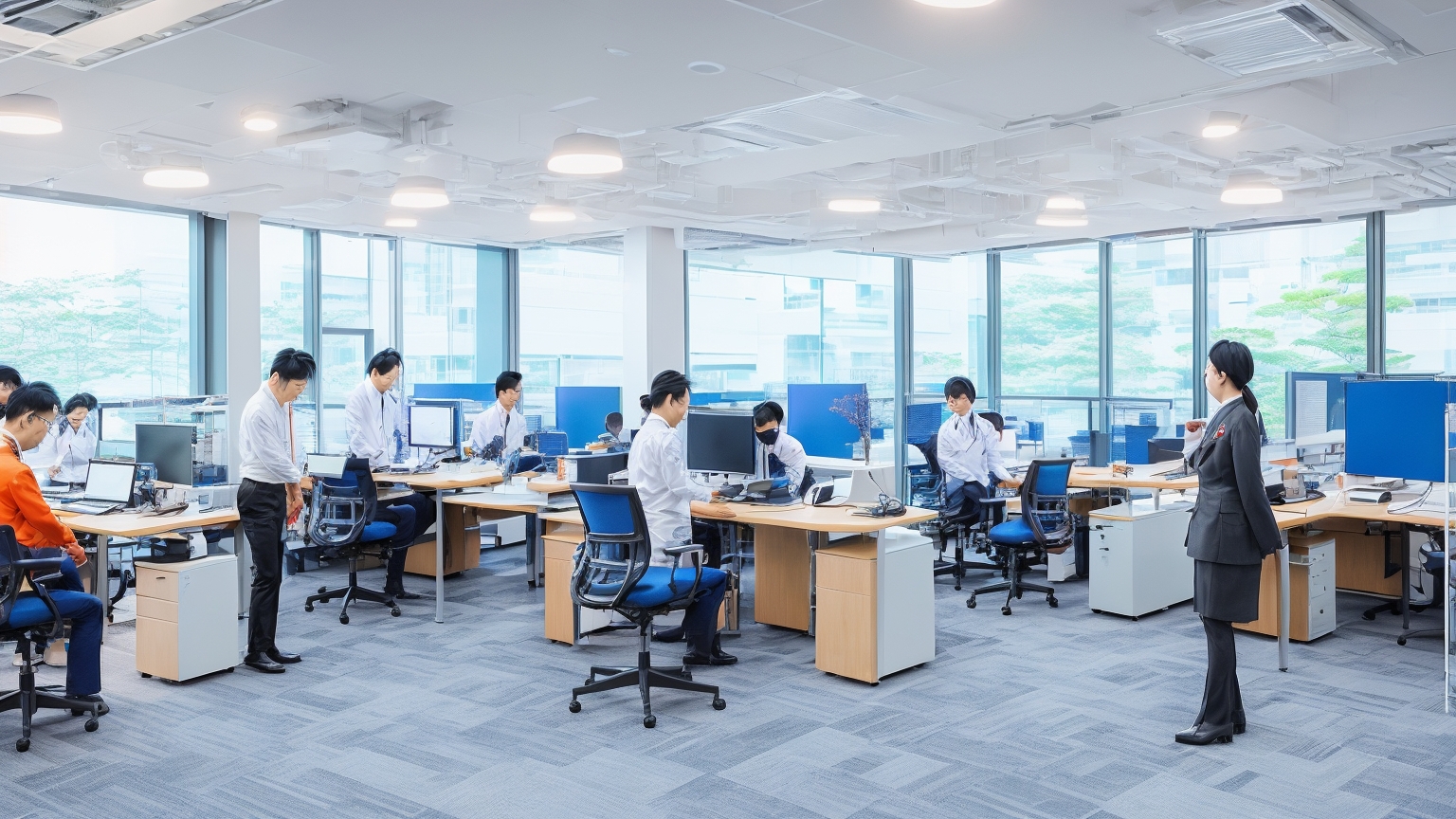
7. Work Culture and Expectations
Japanese work culture values stability, quality, and communication. DevOps roles, however, often have more flexibility and remote work options.
What to Expect
- Punctual meetings (arrive early)
- Detailed documentation and daily reports
- Team-oriented communication
- Bonus pay and semi-annual reviews
- Occasional long meetings (根回し culture — informal alignment before decisions)
Instead, you're valued for moving steadily and improving reliability.
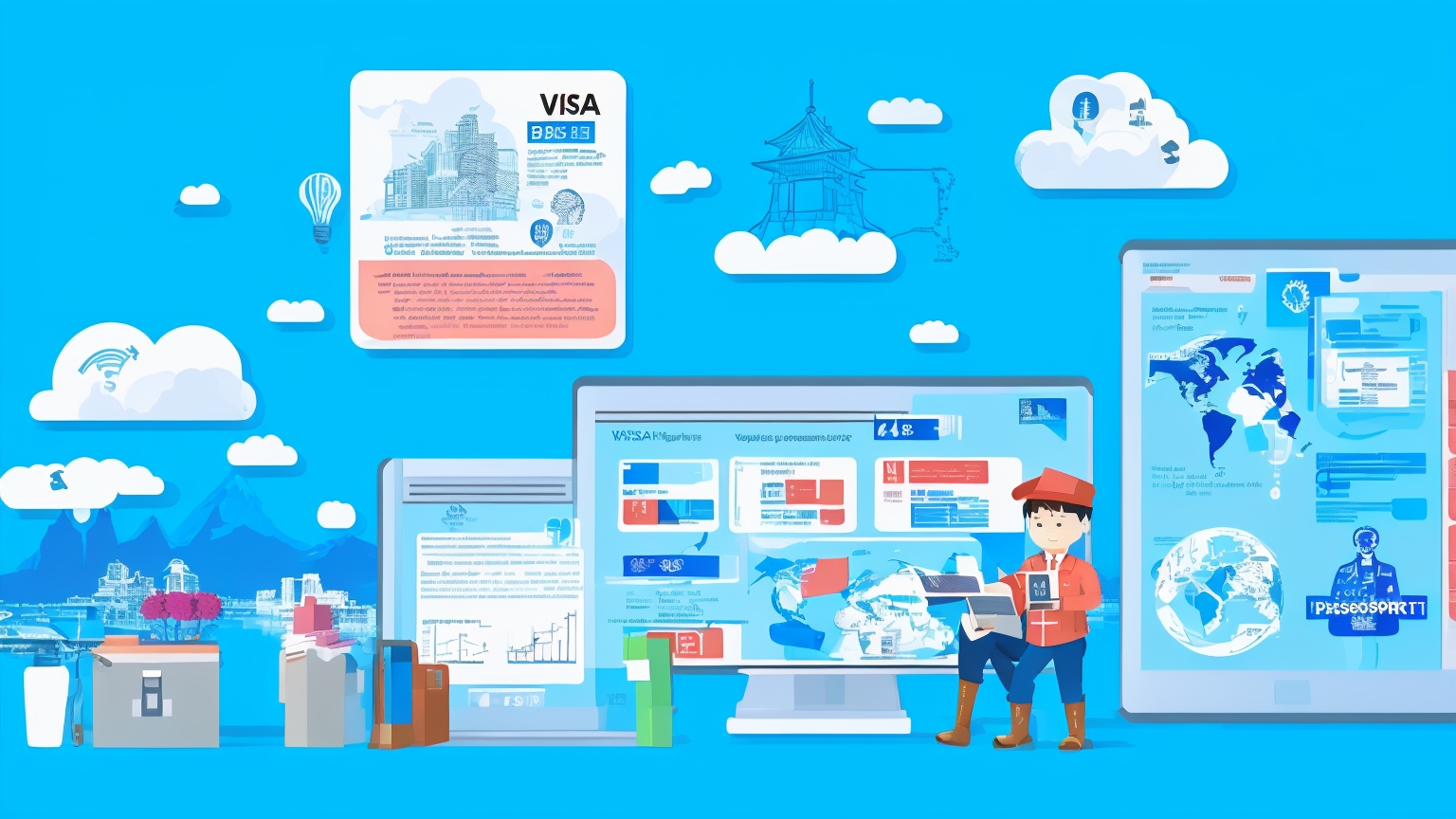
8. How to Get a Work Visa as a DevOps Engineer
If you're not a resident yet, you'll need one of these visas:
| Visa Type | Description |
|---|---|
| Engineer/Specialist in Humanities/International Services | Standard IT worker visa |
| Highly Skilled Professional | For senior engineers (points-based) |
| Intra-company Transfer | For multinational employees |
| Startup Visa (Tokyo, Fukuoka) | For entrepreneurs building tech products |
📋 Required Documents:
- Employment offer from a registered Japanese company
- Degree in a relevant IT field or equivalent experience
- Basic Japanese resume (職務経歴書)
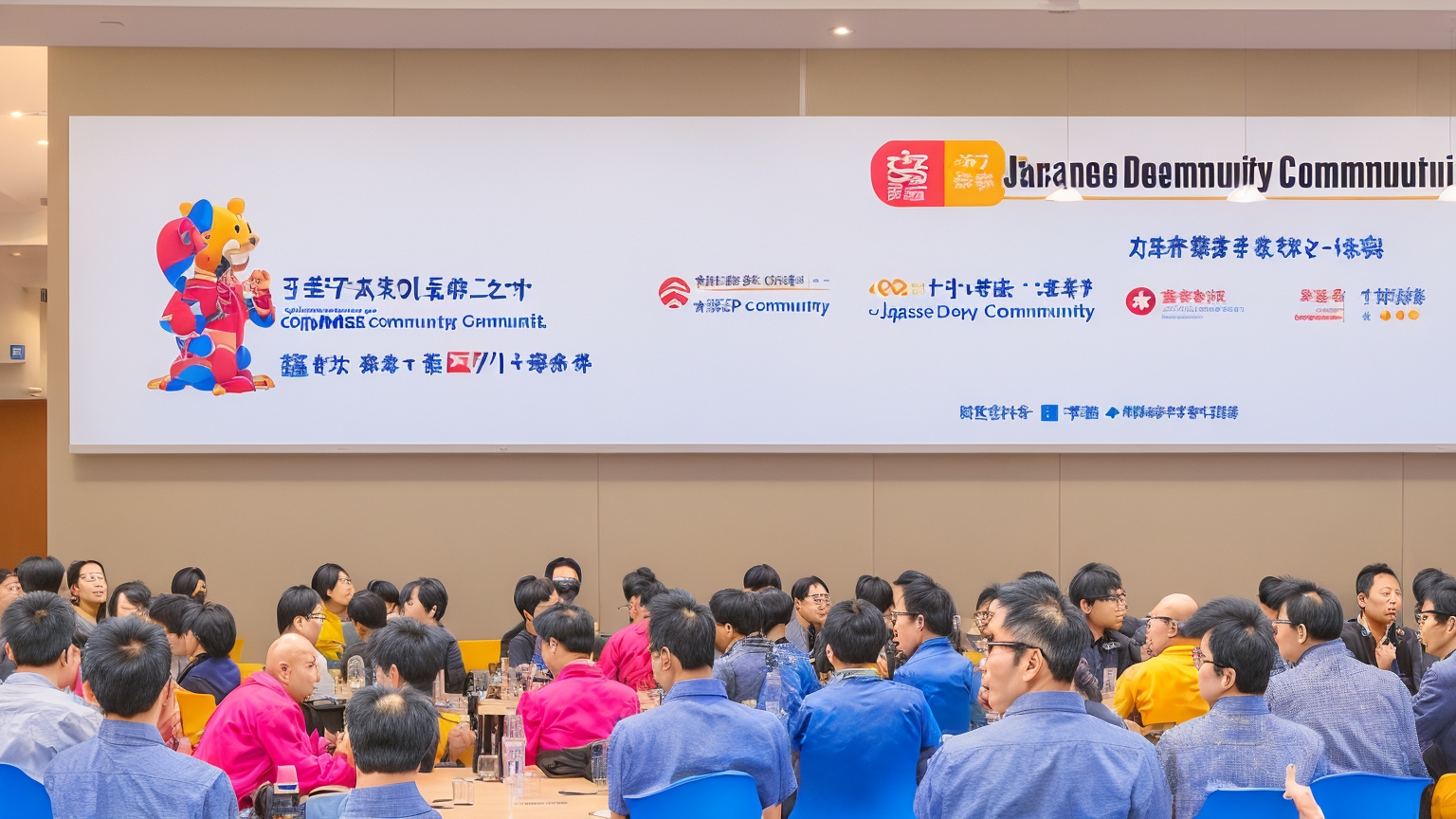
9. Building Your Network and Community
Networking is a hidden superpower in Japan's tech world. Join online and offline DevOps communities to grow faster.
Recommended Communities
- Japan AWS User Group (JAWS-UG)
- Tokyo DevOps Meetup
- Kubernetes Tokyo
- Women in DevOps Japan
- LINE Developer Community

10. The Future of DevOps Careers in Japan
Japan's digital transformation (DX) is accelerating. From financial systems to IoT manufacturing, DevOps is becoming the backbone of innovation.
Expect more:
- Cloud-native modernization
- AI-driven operations (AIOps)
- Platform engineering adoption
- Hybrid and remote work environments
FAQs
QCan I get a DevOps job in Japan without Japanese language skills?
Yes, many startups and global firms hire English speakers, but learning basic Japanese gives you an edge.
QDo Japanese companies hire remote DevOps engineers?
Yes, especially after 2023. Some roles even allow full-time remote work within Japan.
QWhich cloud is most popular in Japan?
AWS dominates, followed by Azure and GCP for enterprise clients.
QHow long does the visa process take?
Usually 1–3 months depending on company size and documentation.
QWhat's the best starting role for newcomers?
Cloud support engineer or automation specialist — great entry points to DevOps in Japan.
About the Author
Rabin Adhikari — DevOps engineer and founder of DevOps Enginer. With 8+ years in Japan's tech industry, Rabin writes about automation, career growth, and cross-cultural tech life.



